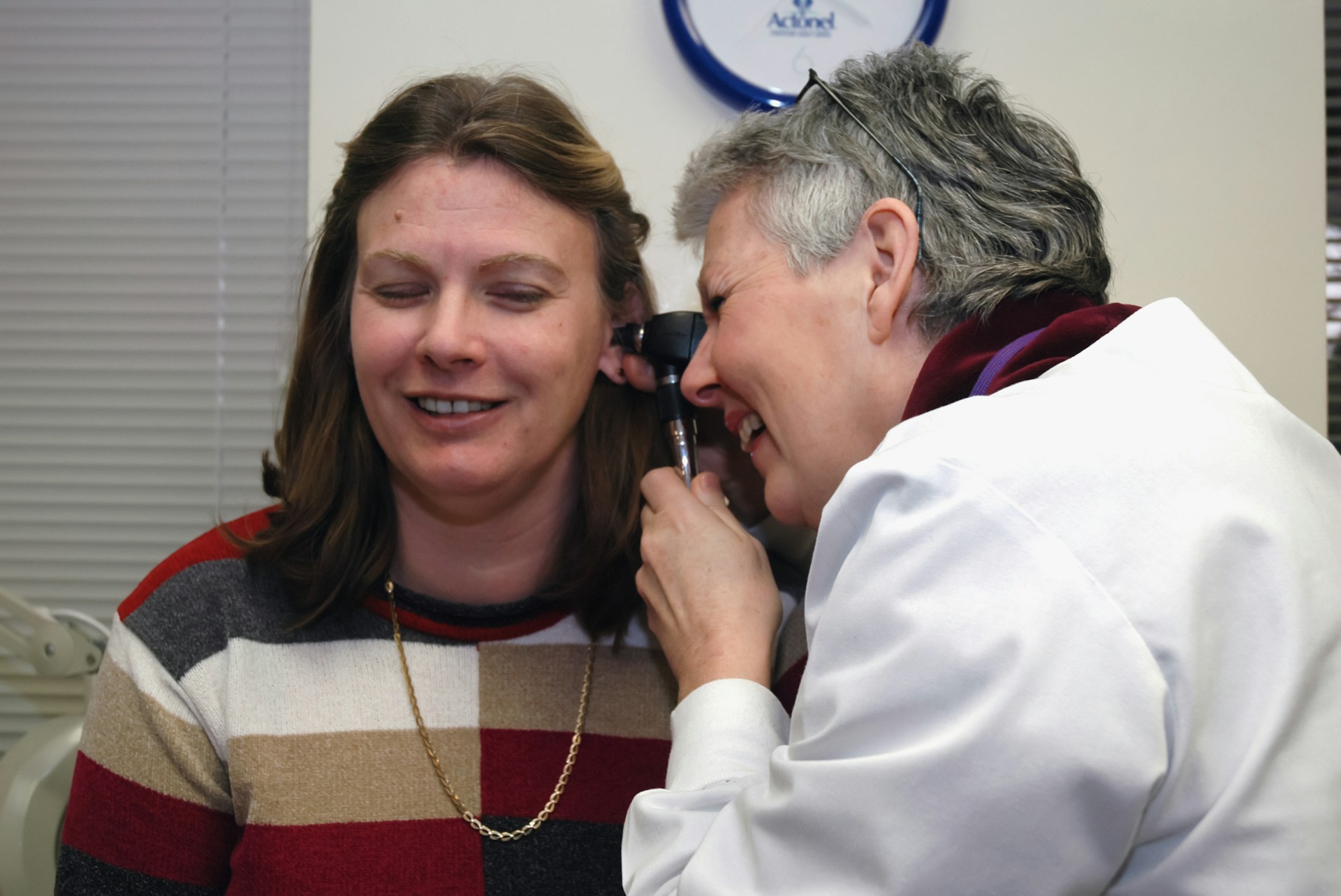While everyone knows that pollution is generally problematic to our health, many people are unaware of the specific consequences of pollution on their body system. For instance, those who live near traffic noise, especially one that runs into the night, are likelier to develop recurrent buzzing or whistling sounds in their ears. These sounds are called “tinnitus.”
According to Danish researchers, there is a relationship between traffic noise and tinnitus. They noted that sleep disturbance and continuous stress reactions are the potential causes of tinnitus.
It is a no-brainer that living close to a busy road piles up your stress and reduces your sleep. You will be stressed if you have insomnia and stay in a noisy place all night. All these negative happenings will affect you badly.
The Danish researchers gathered data from 3,500,000 Danes, of which 40,000 had tinnitus.
According to the lead researcher, Manuella Lech Cantuaria, a reader at the Mærsk Mc-Kinney-Møller Institute and associated with the clinical research unit of the University of Southern Denmark for every ten decibels more noise in people’s houses, the risk of having tinnitus surged by six percent.
Similarly, Associate Professor Jesper Hvass Schmidt of the Department of Clinical Research and chief physician at Odense University Hospital called for more focus on the nexus between human health and traffic noise. The scholar believes there are more unreported cases of tinnitus in hearing clinics by physicians.
Tinnitus is unique, whistling, humming, buzzing, or ringing sounds from within; the sounds do not come from external sources. It might signal an injury or underlying disease. However, its cause may also be unknown.
Tinnitus usually comes with hearing loss. It negatively affects the victim’s quality of life. However the study authors observed that hearing aids and psychological treatment could tremendously help.
Further, they offered some prevention tips that people can adopt to reduce noise pollution in their residences. For instance, you may install soundproof windows or sleep in a room not facing the road. You should do everything within your capacity to preserve your sanity.
However, everyone does not have the luxury of options to make; they can neither install soundproof windows nor have the option of sleeping in another room. Hence, authorities should consider traffic noise as a health risk that they should account for political decisions and urban planning.
The research observed that it is a myth that electric cars could minimize traffic noise because the contact between the road and the tires is the main noise propeller. The German authorities have lowered speed limits in some areas at night as a practical way of limiting sleep disturbances. It is an initiative that the American government can also adopt to enhance its citizens’ health.
Alternatively, you can lower noise by strategically placing barriers on the road or by altering the road surface to one that reduces the tire sounds; if motorists pass through a highway that dampens the tire noise, it will reduce the volume of noise their vehicles make. The government and concerned authorities should think of other ways to prevent hearing impairments for the citizens living near heavy traffic.
“Also, scholars should conduct more research about this subject matter to properly establish if traffic noise leads to tinnitus and how it occurs. More studies will make the argument more robust and engaging.” says attorney Michael McCready of McCreadyLaw Injury Attorneys.

